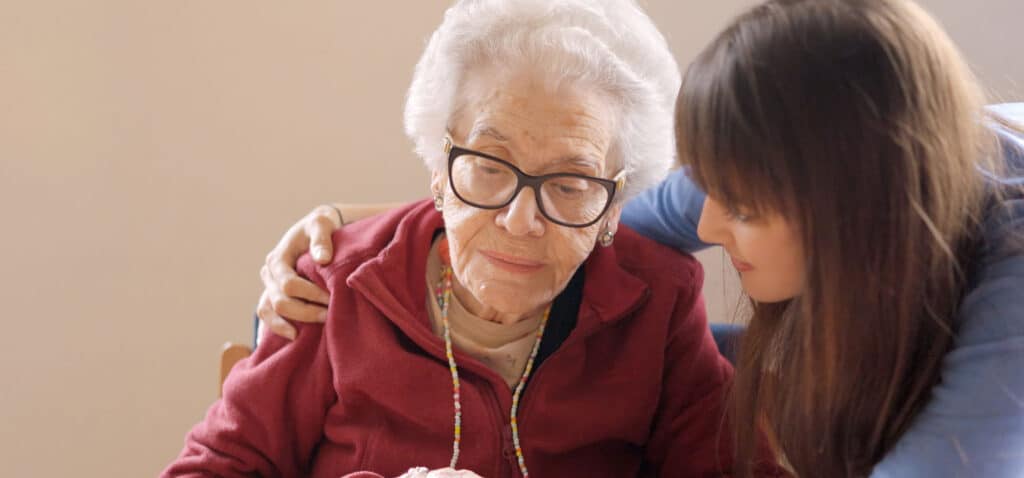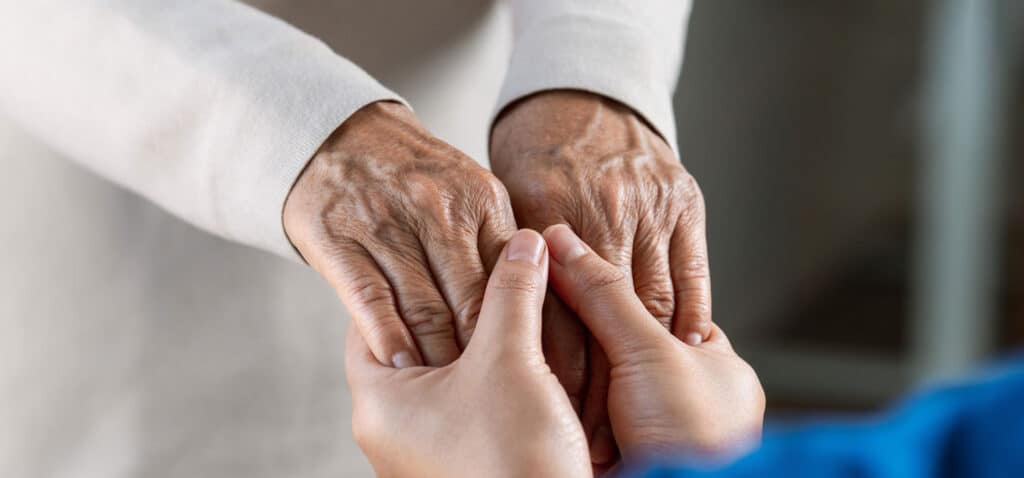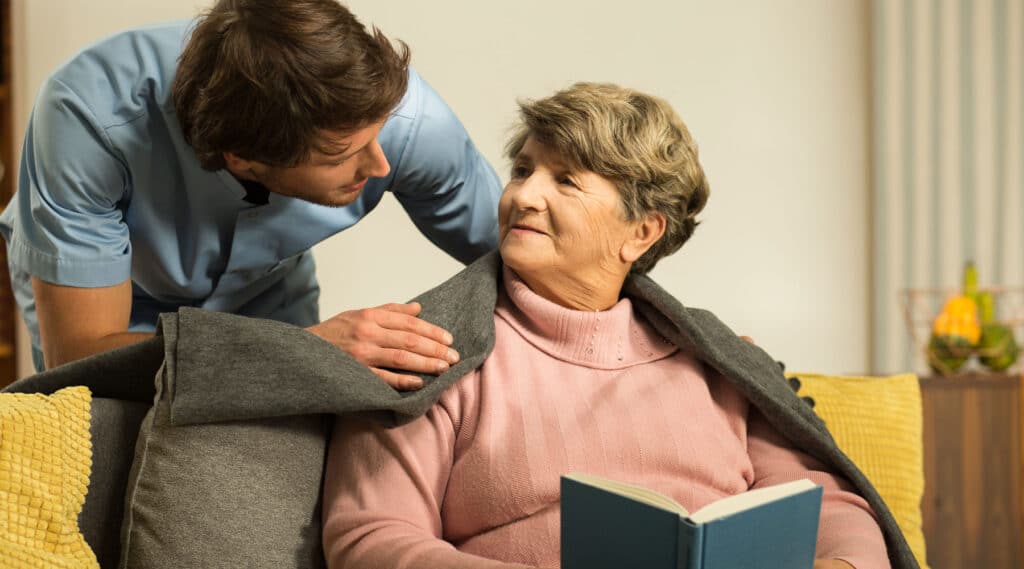What Is It Like to Have a Loved One With Dementia
Having a loved one with dementia can be a difficult journey, full of tender moments and times of trials. It is an emotional journey, and many who have a loved one with dementia experience feelings of anger, sadness, frustration, stress, anxiety, and fatigue. It can also be rewarding as you learn more about yourself and your changing relationship with your loved one. Those who learn more about dementia care and symptoms, particularly as the disease progresses, are better prepared and able to offer support and love during challenging times. Knowing lifestyle and home remedies as part of dementia treatment can ease feeling overwhelmed.
What is Dementia?
Dementia is not a single disease but a general term for abnormal brain changes. Early symptoms of dementia include loss of memory, thinking, and reasoning skills. Dementia is an umbrella term that encompasses many different diseases. The most common diseases include:
- Alzheimer’s
- Vascular Dementia
- Lewy Body
- Frontotemporal
- Huntington’s
- Mixed Dementia
There is no cure for dementia. Because different diseases cause dementia, medications, and treatment differ from patient to patient. However, conditions such as depression, medication side effects, excess alcohol use, thyroid problems, and vitamin deficiencies can affect thinking and memory, and these can improve if these conditions are addressed and treated.
A healthy lifestyle that includes a healthy diet, regular exercise, cognitive stimulation, and no smoking can decrease the risk or effects of cognitive decline and dementia.

How Does Dementia Affect the Family?
Dementia can affect the family in many different ways. The disease may affect your loved one’s communication skills, memory, emotions, behaviors, and social skills. These effects can change and become more significant over time. Family members can be impacted as their relationship with their loved one changes and members take on new care taking roles.
Many family members experience grief after a dementia diagnosis. Recognize the emotions you and others may feel, including:
- Anger
- Denial
- Embarrassment
- Frustration
- Fear
- Sadness
- Guilt
These feelings are common for family members. It helps to recognize that you and others may be experiencing the same emotions and to find a healthy outlet for them. If you or another family member becomes overwhelmed or depressed, seek help.
Caring for people with dementia takes an extensive network of people, not just one or two individuals. Family members can support each other and their loved ones by learning more about the disease, exploring treatment options, and planning for the future.
How Can Dementia Affect a Partner?
It can often be more difficult and impactful for a partner when their loved one is diagnosed with dementia. Dementia does not affect an individual’s need for love and affection. Still, it can change many aspects of your relationship, including:
- Sexual relationship
- Financial role
- Decision-making
- Relationship with others
- Caregiving
You do not have to deal with this alone. Build a strong support network, including family, friends, medical, legal, and financial professionals.

Tips for Those Who Have a Loved One with Dementia
Show Love and Respect
Blaming your loved one for behavior changes, outbursts, or confusing behaviors can be easy. However, the disease is to blame, not your loved one. Continue to treat your loved one with love and respect. Though they may not remember the past, they remember emotions, and your actions and words matter. Love them for who they are now.
Build Reliable Routines
Routines are predictable and reassuring to your loved one. Build a daily routine or schedule for mealtimes, exercise, outings, medication dispensation, and more to decrease confusion and frustration.
Learn About Dementia
Educating yourself on dementia symptoms, progression, treatment options, and more can help you prepare for your life and the life of your loved one now and in the future. Knowing what dementia is and what to expect helps you and others to be better supports.
Use Different Kinds of Communication
As dementia progresses, it becomes harder for many to communicate through conversation. Explore different kinds of communication to strengthen your bond with your loved one. Other ways to communicate that do not use words include:
- Listening
- Remaining calm and reassuring
- Physical touch
- Music
- Art
- Photo albums
- Displaying meaningful items
- Reading
- Creating quiet time and personal space
Take Care of Yourself
Remember to take care of yourself. Maintain a healthy diet and physical activity. Ensure you have a strong support network, including a few close friends or family. Practice relieving stress through activities like yoga, meditation, or journaling. Continue hobbies that are meaningful to you, and take breaks each day.
Don’t Lose Hope
Dementia is not a death sentence, nor is it sudden. You can mourn the past while still enjoying the time you have left and the moments of joy and memories you create now. Remember that you and your loved one are not alone in this journey.

Get Help When Needed
There are many credible, life-saving sources to turn to when you have a loved one with dementia, both online and in person. Be candid with other family members and care takers, sharing responsibilities when you need help. These conversations can be challenging but are essential for long-term care and peace of mind. Involve family members, friends, and professionals in care taking responsibilities.
Resources to Help
You can find helpful information online at Alzheimers.gov or the Alzheimer’s Association. For help in your home or care center, consider a trusted home health and hospice care team. Trained home health teams can aid in personal hygiene, dressing, eating, mobility, housework, maintenance, running errands, and more. Dignity Home Health Care & Hospice offers compassionate service and dementia care in Utah, Salt Lake, Davis, and Weber Counties. Call to learn more.


